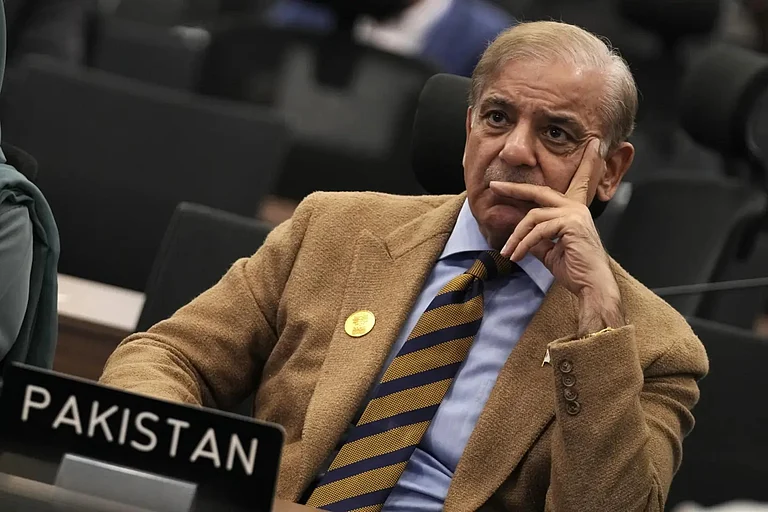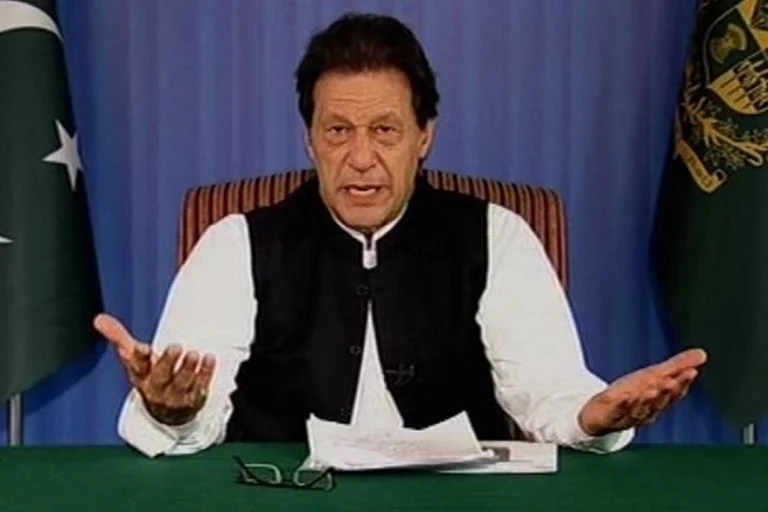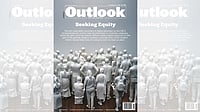Pakistan's government has recently intensified its crackdown on virtual private networks (VPNs). On Friday, the Ministry of Interior urged the Pakistan Telecommunication Authority (PTA) to disable "illegal VPNs" across the country. The ministry cited concerns that VPNs were being used by terrorists to “facilitate violent activities” and to “access pornographic and blasphemous content.”
The PTA has introduced a streamlined process for organisations and freelancers to register their VPNs online. To register, users must provide basic details, including their national identity card number, company registration information, and taxpayer status. The ministry's new regulation requires all unregistered VPNs to be shut down by November 30.
The use of VPNs has surged in Pakistan since February, particularly after the government banned the social media platform X (formerly Twitter). Many users turned to VPNs to bypass restrictions during prolonged internet disruptions and earlier this year.
During a press conference, State Minister for Information Technology and Telecommunication Shaza Fatima told reporters that the government had not slowed down or shut down the internet. She attributed delays in internet access to the widespread use of VPNs by individuals across the country. The Pakistani government also denied imposing a ban on X for over a month, before finally admitting that the platform was indeed being blocked.
Opponents of the restrictions argue that the increased drive to control online activities is an attempt to suppress criticism of the Pakistani military. The powerful institution is facing intense backlash over its alleged interference in politics, particularly after the removal of former Prime Minister Imran Khan from office in April 2022.
Denying political interference, the military has repeatedly labelled online criticism and smear campaigns as “digital terrorism.”
The government's actions have raised questions, including from prominent figures such as PPP Chairman Bilawal Bhutto Zardari — a key ally of the ruling PML-N government — and Daniel Castro, vice president of a leading US technology think tank. Concerns have also been voiced by tech industry professionals and the general public.
Industry experts warn that the government's tampering with the internet could worsen issues in Pakistan’s services sector, which employs more than half of the country's workforce. According to a statement by the Pakistan Business Council on August 17, the internet crisis is forcing major international corporations to relocate or consider transferring their operations abroad.
Religious Council Faces Backlash
Meanwhile, another controversy has emerged after Pakistan’s top advisory body on religious affairs declared on Friday that using VPNs to access blocked content is against Shariah, or Islamic law.
“Using VPNs to access blocked or illegal content is against Islamic and social norms, and therefore, their use is not acceptable under Islamic law. It falls under 'abetting in sin,'” the statement quoted the council’s chairman, Raghib Naeemi. The council also stated that any technology, including the internet, used to access "immoral or illegal activities" is prohibited according to Islamic principles.
However, the council's statement has faced harsh criticism. Maulana Tariq Jameel, a prominent religious scholar, expressed on social media on Saturday that if accessing adult content or blasphemous material were an issue, mobile phones should be declared un-Islamic before VPNs are labelled as such. Lawmakers, technical experts, and activists have also criticised the advisory body’s stance.
Shehbaz Sharif Gets Community Note From X
Just an hour after the council issued its ruling, Pakistan's Prime Minister Shehbaz Sharif posted a message on social media platform X, congratulating Sri Lanka's president on his party's recent election victory. He couldn't have done it without a VPN, as X has been blocked for all Pakistanis since February. In fact, numerous government officials have continued to post on the platform.
On November 6, following Donald Trump’s victory in the US elections, Sharif posted a congratulatory message on X. The post was later flagged with a Community Note, which stated that Sharif was accessing the platform via VPN — a violation of Pakistani law.
The Community Note read: “Prime Minister Shehbaz Sharif has banned X (formerly Twitter) in Pakistan. He is using a VPN to access X, which is unlawful according to Pakistani law.”



























